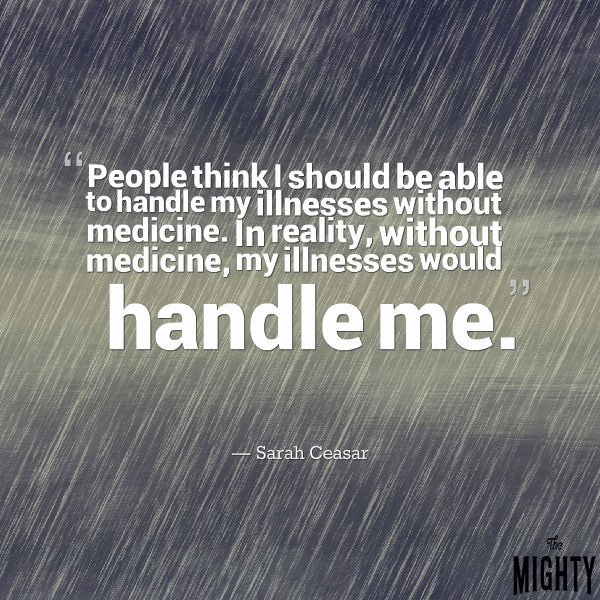
You are what you eat. You know that saying. Your are only as healthy as what you put into your body. We often equate the strong and virtuous of us with the ones making 'healthy choices'. The athletic-looking person in their workout gear drinking a smoothie. Or the mom in the grocery store only buying organic produce and natural foods for her children. We admire this.
Conversely, we see an overweight person with a grocery cart full of processed foods and we judge. We do. I would wager that almost all of us do. Society has a bias about health. Many biases, in fact.
Today is the first day of the Welfare Food Challenge here in Metro Vancouver. I have signed up to live on an $18 food budget for the week of October 16th to the 22nd. As part of this challenge participants cannot accept charity, free food or eat food that is already in their fridge or cupboards. Why $18 and why did I choose to participate? People who live in poverty in British Columbia and receive welfare subsist on a weekly food budget of $18 per person. B.C. is the only province without a poverty reduction plan. We are also the province with the most wealth inequity in Canada; Vancouver is home to the poorest and the richest neighborhoods our country.
The subject of poverty and welfare is a touchy one. Many believe that people on welfare are lazy and should just get a job. Others believe that people on welfare are taking advantage of the system. I am sure that sometimes this is the case. The face of poverty, however, is not what we think it is. Poverty impacts those already most marginalized in our communities: Aboriginal people, people with disabilities and mental health disorders, new immigrants/refugees, and single moms (who are employed) and their children. Yes, it's true - you do not have to be unemployed to live in poverty. It's a tragedy that in a developed nation in 2016 that this is the reality for so many.
This all makes me sad and angry. So I signed up to participate in the challenge. If you want to see change then you need to participate in that change. I spent two weeks considering my grocery list and scouting out spots where I could get the best deals (Dollar Tree and Superstore, for the record). I began my shopping. And I talked about it. I talked about it a lot - with fellow challenge participants, with colleagues, family and on social media. Here's the photo that I took of the food that I had purchased as of the middle of last week, with $5 left in my budget.

The photo is in black and white for a reason: the diet lacks colour. What it has in abundance are carbohydrates, sodium (!) and refined sugar. When I had to decide between eating healthy for a week (whole foods) and feeling full, I chose feeling full. But this photo caused me to pause. It also raised a red flag for some people close to me.
Two people asked me, based on my continuing challenges with depression and anxiety, if it is wise for me to be participating in this challenge. Um, good point. I was getting caught up in advocating for an incredibly important topic and forgetting about my daily commitment (and battle) to maintain my own mental and physical health. According to the Harvard Health Publications, "Multiple studies have found a correlation between a diet high in refined sugars and impaired brain function - and even worsening symptoms of mood disorders, such as depression." I already know this. I also know that I need to put the brakes on. So no Welfare Food Challenge for me this year.
There are no winners when it comes to poverty and food insecurity. The fact that poverty affects those already most challenged in society makes it that much worse. I don't actually need to eat poorly for a week to understand the impact that it has on one's body and mind - I, and the rest of society, just need to be more aware that many of us are walking a challenging path. What I have learned in the past few weeks as I prepared for the challenge is to be more aware of my own privilege and to be less judgemental about those around me. Maybe that person who is buying the processed food at the grocery story is doing so because that is what they can afford. Maybe they are simply doing the best that they can with what they have.
As you enjoy your Sunday brunch out today or even a simple cup of coffee (a luxury to many) consider this: how the food that you put in your body can impact your overall health and well being. Then, consider what food security and poverty mean to the health and well being of our communities overall. Is a healthy body and mind a privilege for only a few?
KB xo
Learn more about nutrition and mental health:


